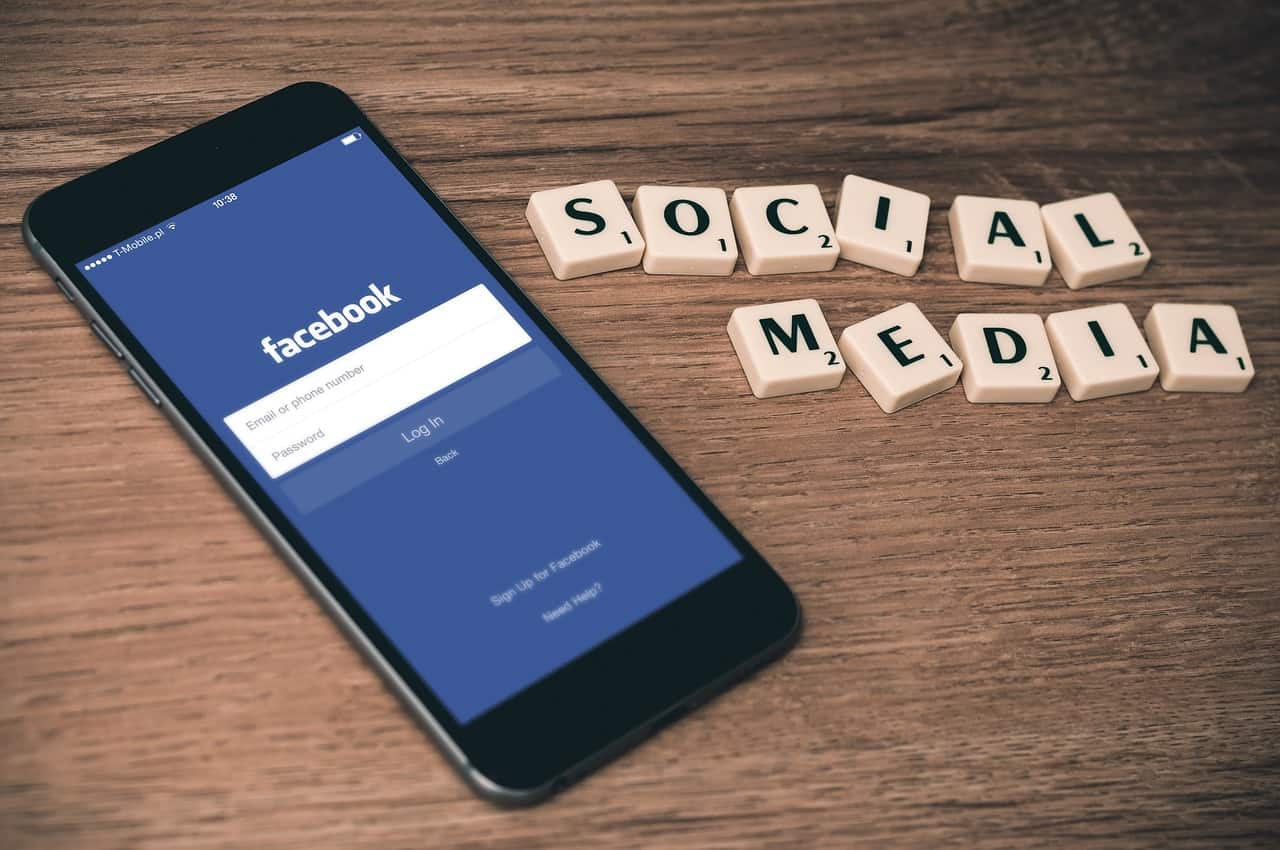Nearly two months after Costa Rica hosted the United Nations World Press Freedom Day, Costa Rican President Laura Chinchilla announced that she would sue anyone who “defames” her on social media. The president’s lawsuit against a hotel owner who posted remarks about her on his personal Facebook page outraged social media users, who say it calls the country’s reputation for freedom of expression into question.
Chinchilla’s personal lawyer, Alexander Rodríguez, announced on Wednesday that president filed a lawsuit against a lawyer and hotel owner over remarks he made about the president on his Facebook page. Alberto Rodríguez Baldi alleged that Chinchilla benefitted from her public office by supposedly purchasing land in Guanacaste valued at several million dollars while being involved in wind electricity-generation business. Chinchilla said the claims were false and libelous.
Chinchilla filed the lawsuit as a private citizen and contracted Rodríguez to help her “defend her honor,” according to Communications Minister Carlos Roverssi, reported the daily La Nación.
The president then added that lawyers would monitor social networks for mention of her, with the intention of suing anyone who “defames” or “insults” her online, reported crhoy.com.
Rodríguez said that if the president were successful in her suit, she would donate the reparations to charity, according to La Nación.
Twitter users launched the hashtag #LauraLeaEsto (“Read this, Laura”) to protest the heightened vigilance, lambasting the leader – who has the lowest approval ratings in the hemisphere – for her overzealous approach to curbing criticism.
Social media denizens also started re-circulating the YouTube video “Señora Presidenta,” by Tico musician Gonín, in response to the lawsuit. The video, with 6,000 views on YouTube at this writing, critiques the lack of government support for the poor during Chinchilla’s administration. Crhoy.com noted that while the video isn’t new, it makes an appearance on social media when criticism is spiking against the president.
Roverssi told crhoy.com that the decision would not affect citizen journalism, and that the government would not tolerate any kind of defamation.
Costa Rica hosted the United Nations World Press Freedom Day on May 3, in part because of the small country’s commitment to freedom of expression and press freedom, noted the International Freedom of Expression Exchange.
Reporters Without Borders, a nonprofit press freedom organization, ranked Costa Rica second to Jamaica as the country with the most free press in the Americas, according to its 2013 World Press Freedom Index, beating out the United States, Canada and the United Kingdom, among other developed nations.
Earlier this year, Costa Rica’s controversial Information Crimes Law, known by critics as the “gag law” (“Ley de mordaza” in Spanish) drew widespread criticism from the Costa Rican Journalists Association and other press freedom groups concerned about its broad language regarding jail sentences for individuals – including journalists – in possession of “secret political information.”
After going into effect, the law was suspended in April after a journalist filed a lawsuit against it with the country’s Constitutional Chamber of the Supreme Court. The article dealing with secret information was later removed by the legislature.






